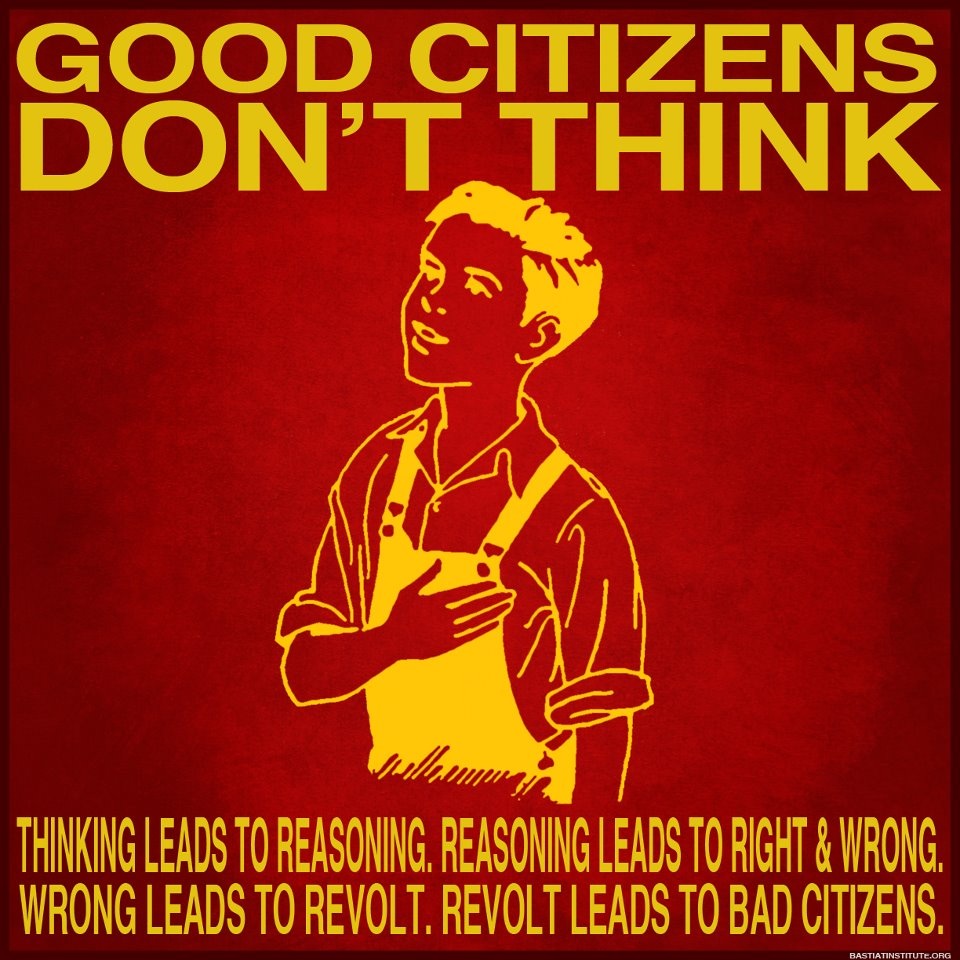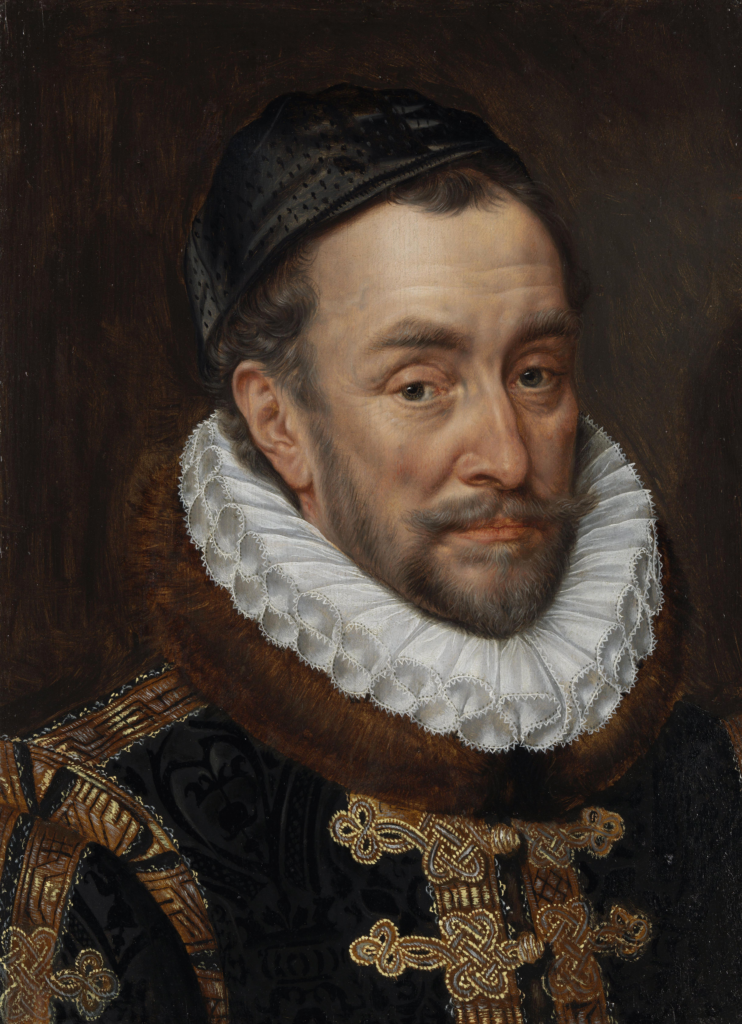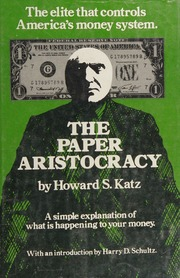
REVOLUTION IS AS old as history itself.

The British East India Company, American Revolution, & a Whole Lot More – Library of Rickandria
Who WAS George Washington? – Library of Rickandria
Benjamin Franklin: Premier American (British) Spook – Library of Rickandria
The French Revolution – Library of Rickandria
Reading the Signs – Today’s Lesson: Karl Marx – Library of Rickandria
Hitler’s Genealogy – Library of Rickandria
The BEER HALL PUTSCH was Faked! – Library of Rickandria
People have been rebelling against:
- Gods
- kings
- parents
for millennia, and so we hardly look at it as anything out of the ordinary.
The Zombie-Like Lives of Sheeple from Birth to Death – Library of Rickandria
Luther’s revolt was not a true revolution in the sense of blood being spilled.
Luther and the Pope led no armies against one another.
The Reformation did, however, lay the groundwork and provide the inspiration for numerous wars and violent political revolutions that were to sweep the globe for centuries to follow.
One of the earliest political struggles to grow out of the Reformation was the Eighty Years War, which got fully underway by 1569.
The Eighty Years War pitted Spain against that region of Europe we know today as the Netherlands, which was then under Spanish rule.
A new Protestant sect known as “Calvinism” (the origins of which will be discussed in Chapter 22) had emerged by that time.
Radical Calvinists from France had migrated to the Netherlands and created an activist Protestant community in Holland.
This naturally caused friction between the devout Catholic rulers of Spain and the emerging Protestant minority of Holland.
The Dutch minority not only sought religious freedom, but they soon craved political independence as well.
The result was nearly a century of warfare.
Many of the early Dutch struggles against Spain were led by William I the Silent—a German ruler who reigned over the German principality of Nassau (which bordered on Hesse) and over the French region of Orange; hence, William’s dynasty was known as the House of Nassau-Orange, or more simply, the “House of Orange.”

[William the Silent or William the Taciturn (Dutch: Willem de Zwijger; 24 April 1533 – 10 July 1584), more commonly known in the Netherlands as William of Orange (Dutch: Willem van Oranje), was the leader of the Dutch revolt against the Spanish Habsburgs that set off the Eighty Years’ War (1568–1648) and resulted in the formal independence of the United Provinces in 1648. Born into the House of Nassau, he became Prince of Orange in 1544 and is thereby the founder of the Orange-Nassau branch and the ancestor of the monarchy of the Netherlands. In the Netherlands, he is also known as Father of the Fatherland (Latin: Pater Patriae; Dutch: Vader des Vaderlands).]
William led the fight in Holland partly because he had inherited large tracts of land there.
The eventual success of the Dutch rebellions brought about the birth of a fully independent Netherlands.
With independence came the establishment of a political and economic system that was to provide a model for revolutions in other countries.

The Netherlands adopted a parliamentary form of government accompanied by a reduction of the monarch’s power.
Although the House of Orange became the Dutch royal family, and remains so to this very day, the monarch’s role in the new government was reduced to that of “Stadtholder,” or chief magistrate.
The Stadtholder could not hold office unless approved by the national assembly (the States-General), although this is often a mere formality.
One intended effect of the parliamentary system was to prevent any single individual from achieving too much power.
We might puzzle over why the German royal family of Nassau-Orange helped establish a political system in which their own power was reduced.
House of Orange-Nassau – Wikipedia
It can be argued that they did so to encourage popular support for the revolt against Spain; after all, the House of Orange did gain a permanent position in the government.
This does not fully solve the riddle because, as we shall see, other German royal families led coups and revolutions in which nearly identical political systems were erected, and few of those dynasties were acting entirely from noble impulses.
A clue to resolving the puzzle is found in the fact that those German dynasties were deeply involved in Brotherhood organizations.
Brotherhoods & Secret Societies – Library of Rickandria
As we shall see in upcoming chapters, the evidence indicates that the families were promoting a Brotherhood agenda from which the royals handsomely profited in other ways.
BLOODLINES – Library of Rickandria
In light of the role of the Brotherhood network in promoting revolution and reducing monarchies, it might appear at first glance that the Brotherhood was back to its true uncorrupted purpose of opposing Custodial institutions.
After all, the institution of monarchy is traceable back to the Custodial “Gods” of ancient Sumeria.
Sumer & the Anunnaki – Library of Rickandria
According to Mesopotamian tablets, the Custodial society was ruled in a unique fashion.
At the top was a Council or system of councils.
Beneath the top council(s) were planetary subdivisions, such as Earth.
Each subdivision was ruled by individual Custodians on a hereditary basis but subject to the laws of the Council(s).
According to ancient Sumerians, local hereditary Custodial rulers were Earth’s first kings.
Those rulers naturally implanted their monarchial system on human society.
Humanity’s History & Ancient Civilizations – Library of Rickandria
We see intriguing evidence of this in those ancient Mesopotamian drawings that depict Custodial “Gods” bearing two objects which are now universal symbols of monarchy:
the scepter and the tiara.
The Sumerians state that the first human kings on Earth were the offspring of Custodial rulers who mated with human women.
Those mating’s entitled the half-human offspring to become early monarchs on Earth.
Thus, was born the idea of “royal blood” and the perceived importance of maintaining proper royal “breeding” to ensure continued purity of the human royal blood line.
Interestingly, some ancient Custodial “Gods” were depicted as either blue-skinned or blue-blooded:
this gave us the idea (and some say reality) of royal “blue bloods.”
Aristocratic breeding practices have persisted through history and remain important to some royalty even today.
Human “blue bloods” appear to be the prize Hereford cows of Earth’s livestock race, Homo sapiens.

In light of the above, it would have been in keeping with the aims of the original uncorrupted Brotherhood to eliminate monarchy and to replace it with a parliamentary form of government in which human beings could choose their leaders.
Secret Shadow Government: Deep State – Library of Rickandria
Had the Brotherhood reformed itself by the time of William the Silent?
Unfortunately, no.
As we have seen before, the Custodial influence caused valid aims and teachings of the Brotherhood to acquire fatal twists.
Precisely such a twist distorted the otherwise altruistic social and political goals of the Brotherhood revolutionaries.
The newly weakened monarchies and parliamentary governments allowed for greater power to be assumed by a new institution being installed by the revolutionaries:
a new banking and monetary system.
Global Banking System – Library of Rickandria
This new monetary system was a major element of the revolutions of the:
- 16th
- 17th
- 18th
centuries, yet this fact is only minimally discussed in the majority of history books.
Those who ran, and still run, the new monetary system, have been aptly labeled by one author, Howard Katz, “the paper aristocracy.”

The paper aristocracy – Anna’s Archive (annas-archive.org)
The revolutions which began to sweep the world after the Reformation heralded the diminishment of powerful political aristocracies in favor of the less visible, but in many ways equally potent, “monetary aristocracies.”
This happened because, during the Reformation, banking and money lending, which were once viewed as lowly occupations, were being forged into a renewed power due to a clever new science of money. *
Power of the Purse: The Origin of Money – Library of Rickandria
This new money was a type of paper currency that could have its value deliberately and systematically diminished through a process known as “inflation.”
It is the type of money still in use today.
This new money, and the institutions which arose from it, have had an enormous impact on our modern civilization.
Global Banking System – Library of Rickandria
We cannot fully appreciate the effects of Protestantism and the revolutions which arose out of it without comprehending just how the new money system works.
*
For a simple and amusing introduction to the history of money and economics, I recommend The Cartoon Guide to Economics by Douglas Michael.

The cartoon guide to economics – Anna’s Archive (annas-archive.org)
The Gods of Eden – Chapter 20: A New Aristocracy (basecamp.com)
The Gods of Eden – Chapter 20: A New Aristocracy (basecamp.com)

Leave a Reply